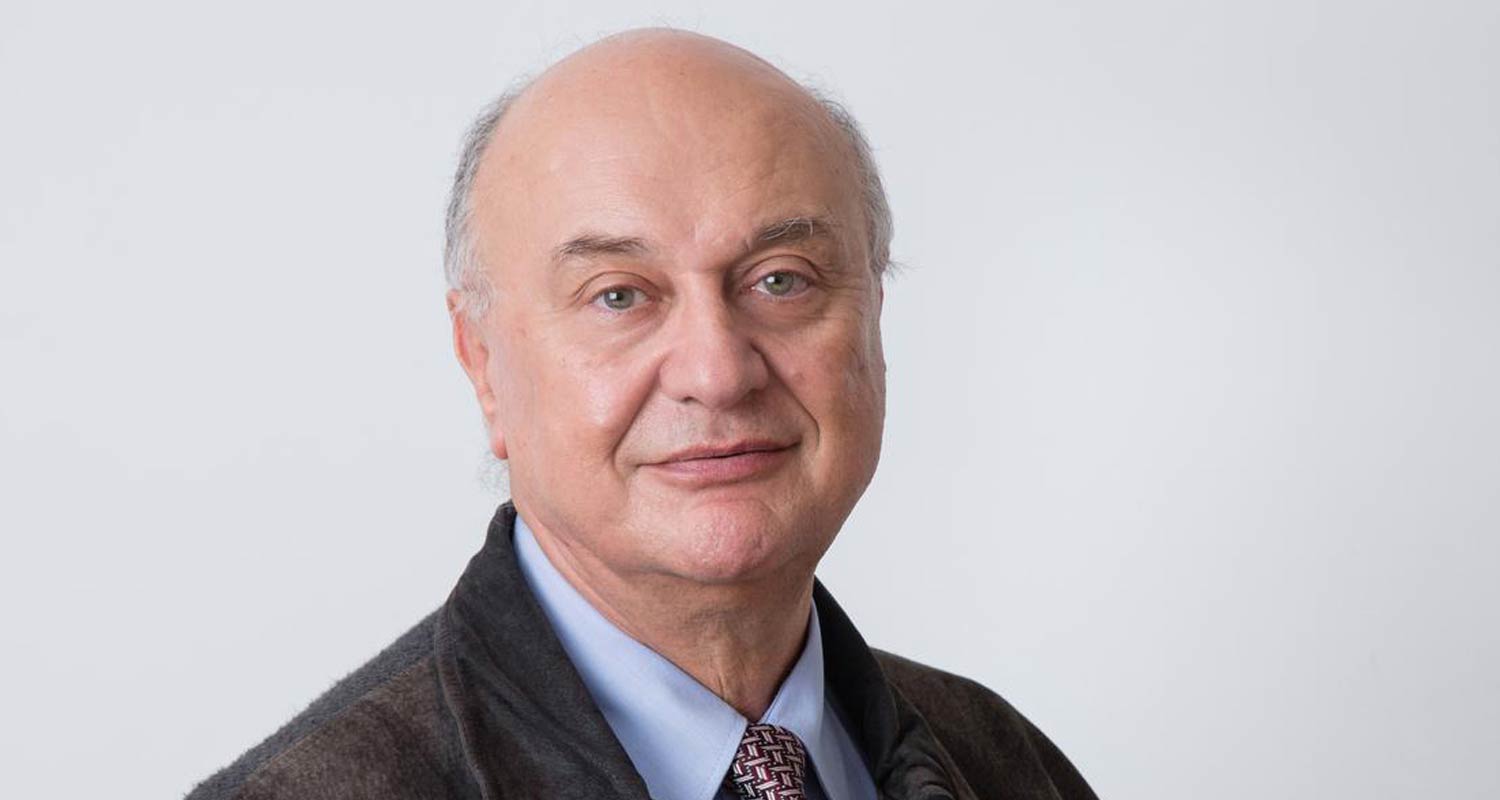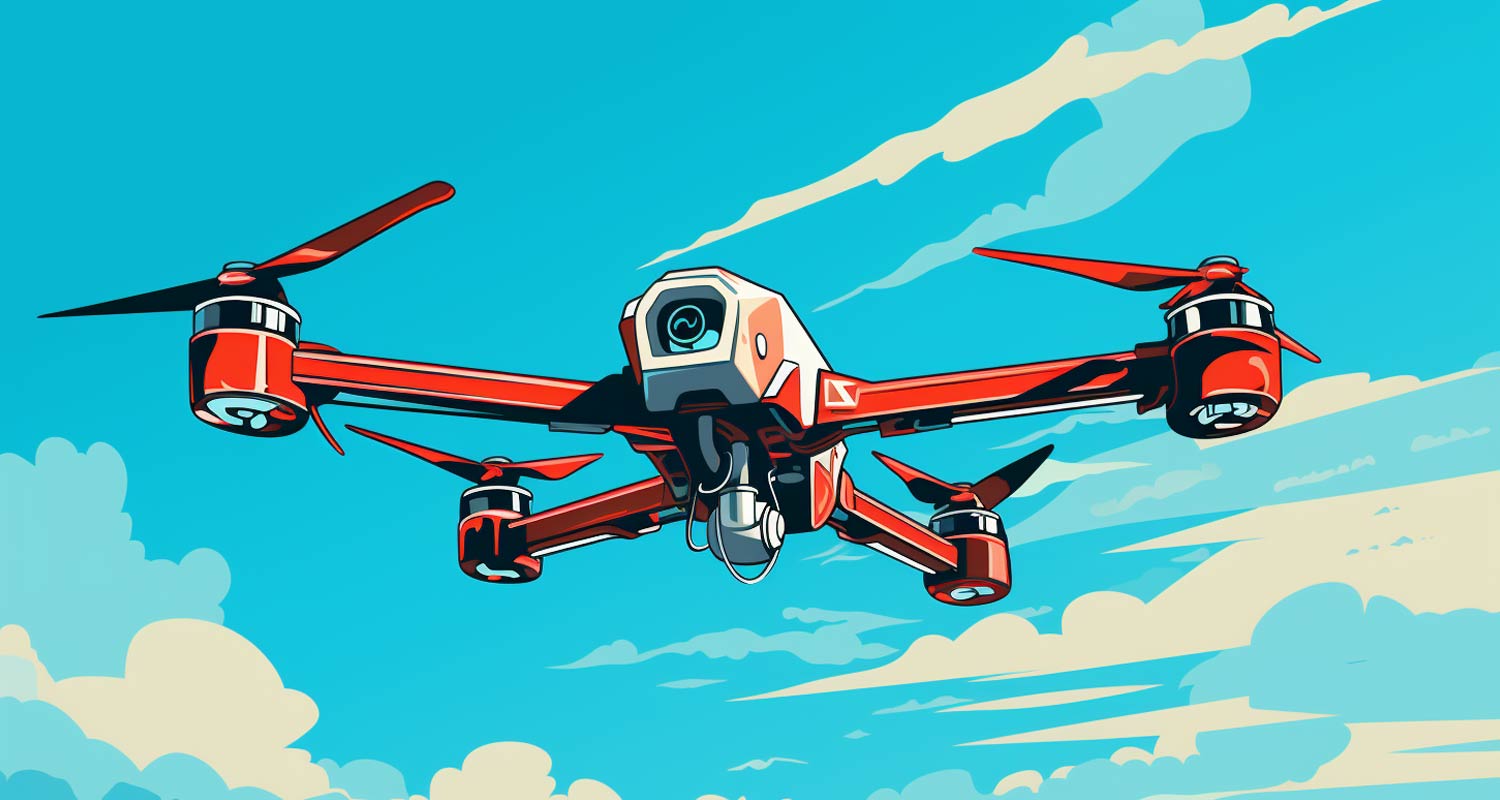By 2050 the global market for non-military drones is expected to have transformed how goods and people move across cities and rural landscapes.
In South Africa, where road access remains limited in many regions and urban congestion chokes daily logistics, drones present an opportunity to leapfrog legacy infrastructure and reimagine mobility from the sky down in both scenarios.
Today we use motorcycles and bakkies for last-mile deliveries. Tomorrow drones will take over many of these roles, especially where road infrastructure is poor or congested.
South Africa made headlines in 2015 when it became one of the first countries to regulate non-military drones, enacting the eighth amendment to the civil aviation regulations. This made South Africa a leader in comprehensive drone law.
The regulations, managed by the South African Civil Aviation Authority, aim to balance innovation with safety and privacy concerns. But rules made 10 years ago do not keep pace with today’s state of the art in drone technology. We’ve seen a Copernican revolution in regulation – moving from mass-based to risk-based categories.
Instead of focusing on a drone’s weight, modern regulations consider the risk to people on the ground. A small drone crashing in a rural field is far less dangerous than one falling in a busy urban square. Mass is not the primary factor anymore. From July 2024, this is the official International Civil Aviation Organisation policy, promoted around the globe and applied as well in the EU.
Logistical gaps
To stay competitive, South Africa should adopt the internationally emerging classes of small, unmanned aircraft systems (UASes). Europe is using drone classes from C0 to C6, based on EU drone regulations. Chinese manufacturers already produce drones in the same classes. If South Africa wants to manufacture and export drones, adopting these classes is essential.
Drones can do more than just speed up e-commerce. In Africa, they could fill deep logistical gaps in healthcare, agriculture and emergency response. The need to transport medical samples from rural areas to analysis labs is urgent. Small drones can safely handle these deliveries and micro-vertiports, based on ISO 5491, could be built on hospital rooftops.
TCS | How South Africa’s Milkor became a global player in drone innovation
Unlike helicopters, electric drones are quieter and emit no carbon. But powering them is another challenge. Passenger-carrying drones, much heavier than logistics drones, need massive amounts of energy to recharge quickly – often up to 1MW. In areas without stable electricity grids, renewables like solar or wind could be a solution. In other words, drones should be part of a strategy encompassing not only aviation.

Integrating aerial mobility into daily life isn’t just about aircraft. It demands urban planning, community engagement and regulatory foresight. Accordingly, the successful integration of drones into urban mobility hinges on three urgent and practical considerations:
- The first is the definition and categorisation of vertiports. We must categorise them – micro, medium and large – based on ISO 5015-2. Passenger vertiports are much closer in complexity and infrastructure to traditional heliports. However, for last-mile delivery of small parcels, the requirements are far less demanding. For cargo, rooftops of shopping centres or hospitals could suffice to host the micro-vertiport. Urban real estate could be repurposed to support aerial logistics.
- Secondly, placement and access are critical. An air taxi flight is expected to cost a great deal more than a ground taxi. People prepared to pay more (say, from a vertiport at OR Tambo to a vertiport in Sandton) want a much quicker service. The air taxi must therefore provide a real door-to-door service (neither a long bus ride at OR Tambo to reach the vertiport nor a long ground taxi ride at the destination), which requires careful planning of the vertiport locations. Indeed, location is everything: vertiports must be integrated into the daily flow of life. They must be located where people live and work given the need to prioritise convenience and accessibility over existing aviation infrastructure. They need to land directly at the luxury resort or congress centre, or wherever the passenger may want to go.
- Lastly, there is a critical concern about security protocols for drone passengers. Replicating commercial aviation’s extensive airport-style security checks would be both impractical and economically unviable. We can’t treat every drone passenger like a commercial flight traveller – a more streamlined solution is needed. One option could be background checks at the time of registration, verified through facial recognition – a technology already available.
Together, these three priorities – defining vertiports, ensuring practical access and rethinking security – form a foundation for the safe and scalable deployment of aerial mobility in South Africa and beyond.
Regulation, yes. Red tape, no
To balance innovation and oversight, streamlined rules are needed. South Africa should focus its limited regulatory resources where the risks are highest – like “beyond visual line of sight” (BVLOS) flights or passenger drones – and use industry assessments for low-risk operations.
It should adopt international norms such as ISO 23629-12 for UAS traffic management and the Jarus Specific Operations Risk Assessment (SORA) framework. Letting the industry lead the way on conformity, with oversight, is the best way to scale safely.
There’s also strong potential for EU-Africa cooperation. The EU is open to recognising African pilot licences and supporting the conformity of drones produced in Africa for sale in the EU. Local universities and governments can help by establishing testing labs, becoming “qualified entities” and participating in bodies regulating international standards.
 Currently, no African state is a member of ISO TC20/SC16, the global standards committee for drones. That must change. African voices are needed at the table.
Currently, no African state is a member of ISO TC20/SC16, the global standards committee for drones. That must change. African voices are needed at the table.
By 2030, the use of drones will be widespread in agriculture, surveying and logistics. And by 2050? Fleet-managed, AI-powered drones delivering parcels across African cities and remote villages will be normal. But the starting point must be societal need – not technology for its own sake.
South Africa was a pioneer in 2015. But the future is not built on yesterday’s rules. It’s time to modernise – and lead again.
Get breaking news from TechCentral on WhatsApp. Sign up here.
- The author, Prof Filippo Tomasello, is a global expert on drone regulation and safety, who will deliver a plenary address at the upcoming Annual Southern African Transport Conference

